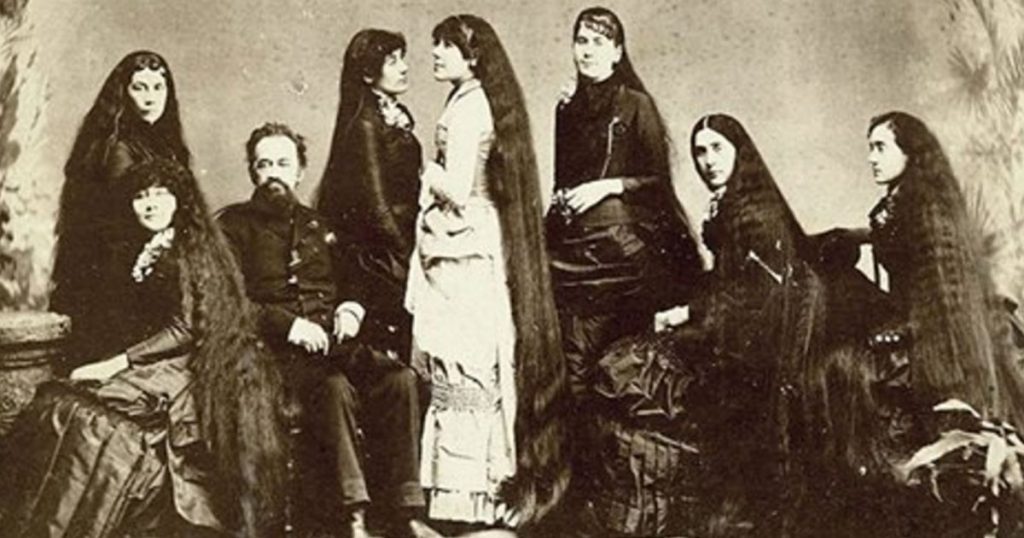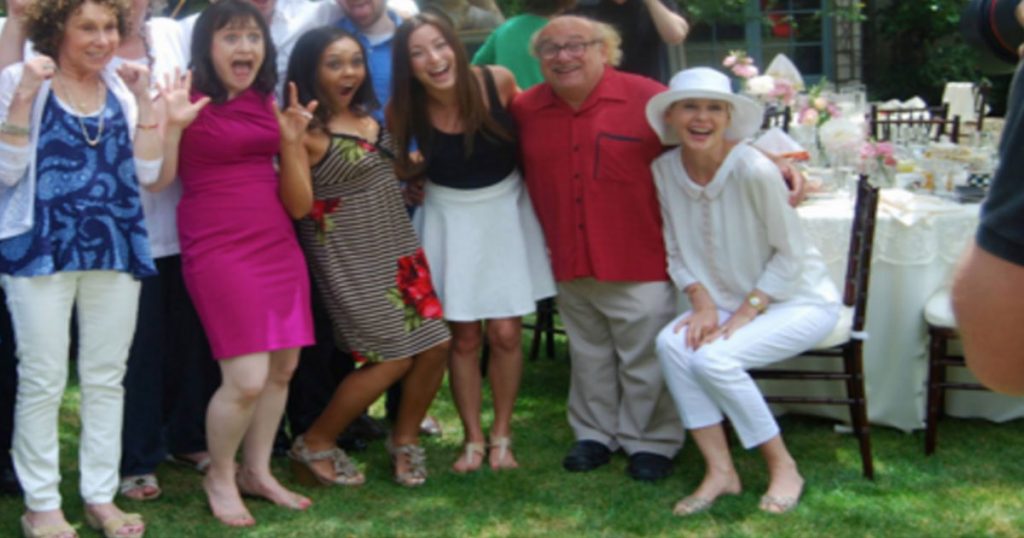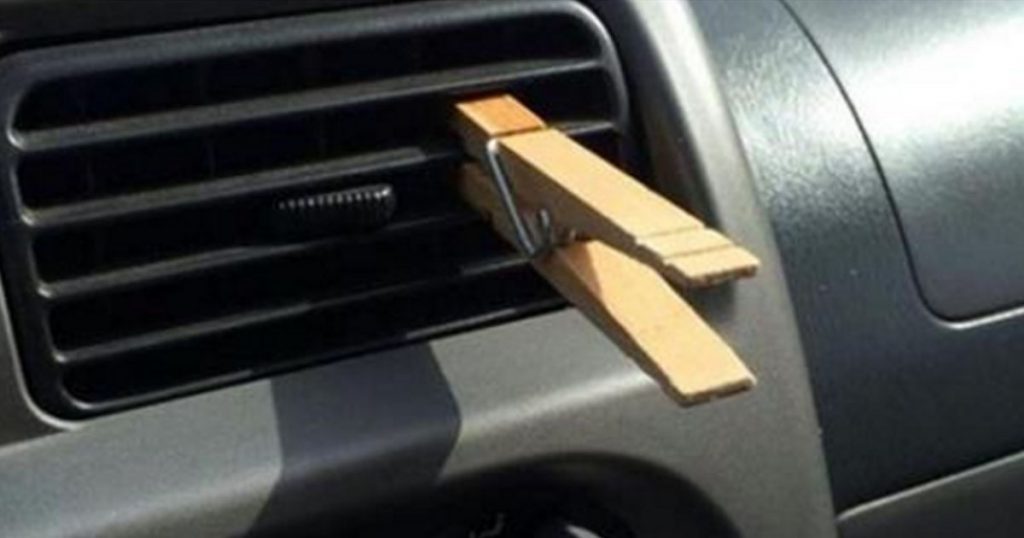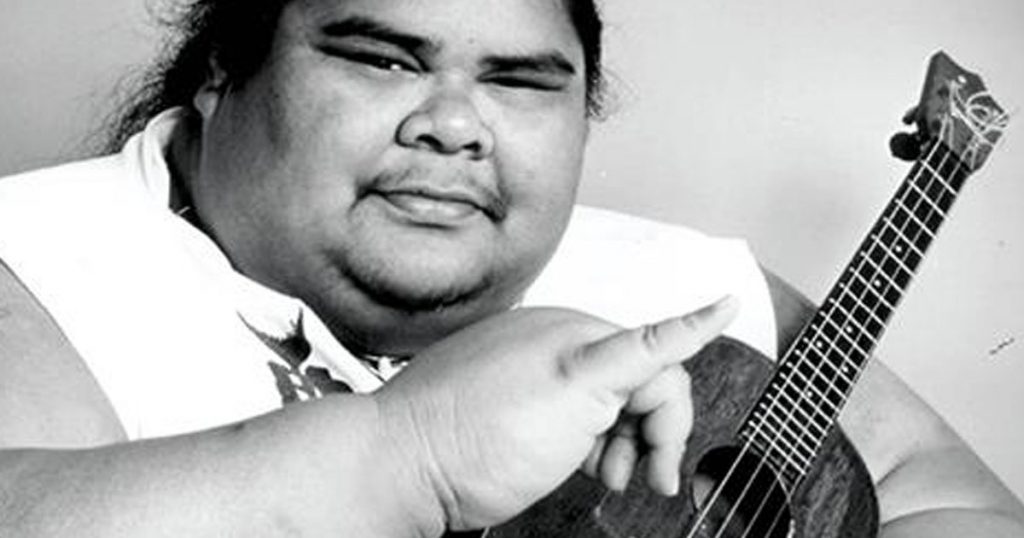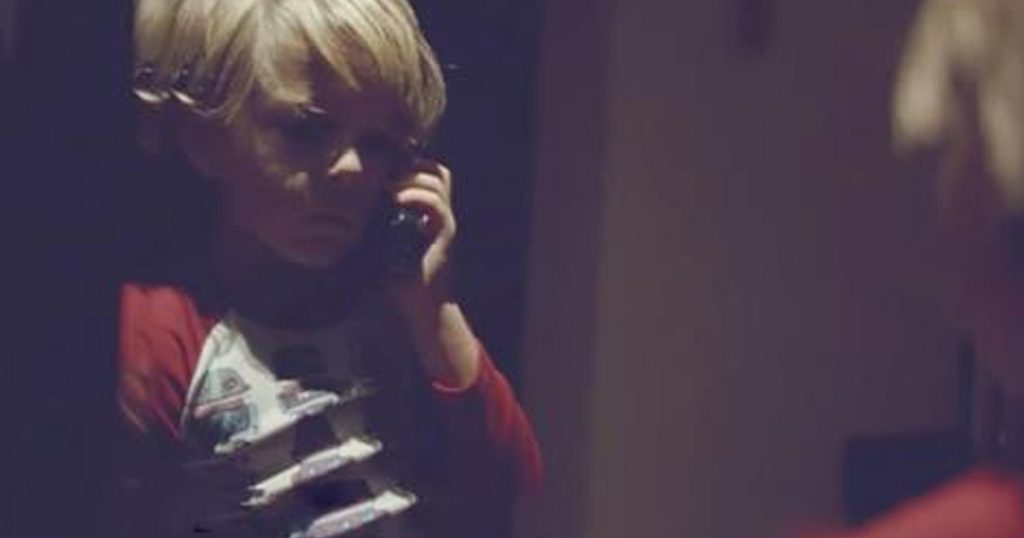Parents and workplace elders love to spread rumors. In particular, one rumor that makes someone look good — them. “In our day,” they creak out, like rusty hinges in need of WD-40, “we worked 90 hours a week in five days. No, make that 500.” Naturally, the younger elements of today’s workforce are too concerned with affixing stickers to their Snapchats to know what hard work is. But don’t sweat it, sonny boy. Sometimes, it turns out, our elders bend the truth. According to a series of studies:,

Keith Zabel, a card-carrying millennial himself at age 30, led a study at Wayne State University reviewing previous studies on work ethic. His interest in the topic came not from participation trophies gathering dust on his shelf, but rather from reading studies with conflicting conclusions about how industrious the workforce is compared with its predecessors. So Zabel looked at 77 studies that identified participants’ ages and used their publication dates to assign birth years to the subjects. Comparing results across 105 different kinds of work ethic, “there were no differences between the generations,” Zabel says.
Popular culture suggests otherwise, and is likely a huge reason for the bad rep that brands today’s youth. Richard Linklater’s 1991 film Slacker surveys lackadaisical Texas Generation Xers, including one whose band is named the Ultimate Losers. Jay and Silent Bob, recurring characters in 1990s comedies such as Clerks and Mallrats, are best known for their persistent loitering. As for millennials, in 2013 Time dubbed them “the Me Me Me Generation,” full of fame-obsessed narcissists prematurely convinced of their own greatness because they got trophies as kids just for showing up. The cover story also declared millennials lazy, based on a study that showed a declining percentage of young people want a job with greater responsibility than the one they currently have. (To be fair, Time did also praise millennials’ optimism and shrewd worldview.) Baby boomers, though, get all the credit for the Protestant work ethic — the quasi-religious quality that led to Americans putting work before leisure and helped create a roaring economy.
Of course, boomers are hardly the first to complain about “kids today,” as Jared Gardner, director of the Popular Culture Studies program at Ohio State University, points out. “At no point in the last 150 years has American popular culture ever portrayed the younger generation as anything other than lazy, spoiled and slackers,” he says. “Because, for the most part, popular culture is made by (or at the behest of) the ‘industrious forefathers.’”
Another reason for the disconnect is that the structure of working days has changed dramatically since Gramps wore a suit (or coveralls). They were 9 to 5; we are always on. “You may be working from a coffee shop right now,” Zabel says. “You worked out from 3 to 4, but you work at the coffee shop from 7 to 8. It’s a different way of thinking about work.” When older individuals hear about that flexibility, says Zabel, “they may think flexibility is code for being a slacker.”
Zabel acknowledges there are vast differences in these studies across regions and industries and decades; putting them all together can compound the noise and rattle the results. But he points to consistent scores over the generations among 18-to-21-year-olds — who would be in similar life circumstances, in college and entering the workforce — as particularly strong evidence that the Protestant work ethic did not die with the Greatest Generation.
When I ask if he took any personal satisfaction in seeing his generation hold its laborious own, Zabel demurs. So let’s give 28-year-old Rihanna the last word: “You see me, I be work, work, work, work, work, work.”

